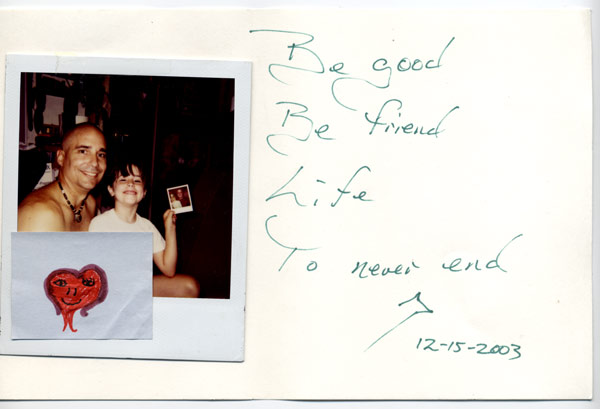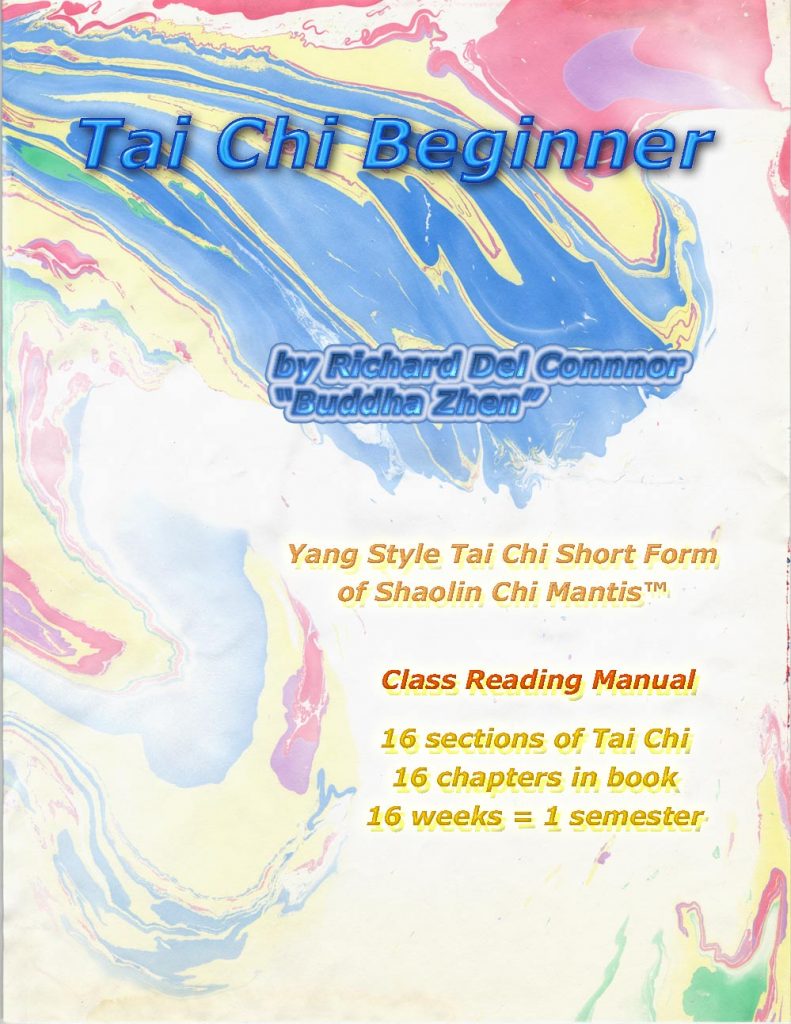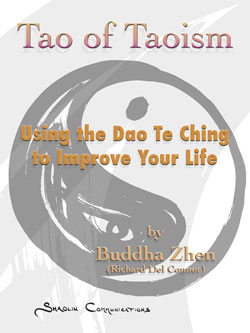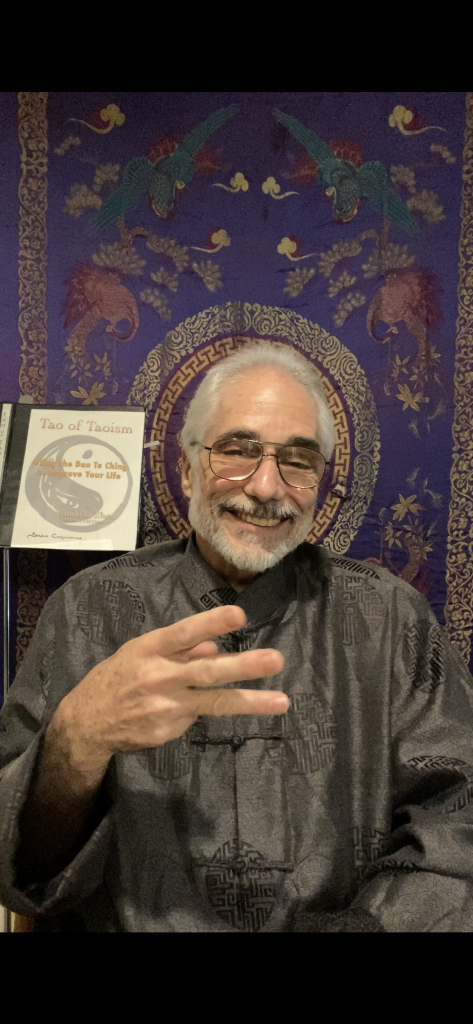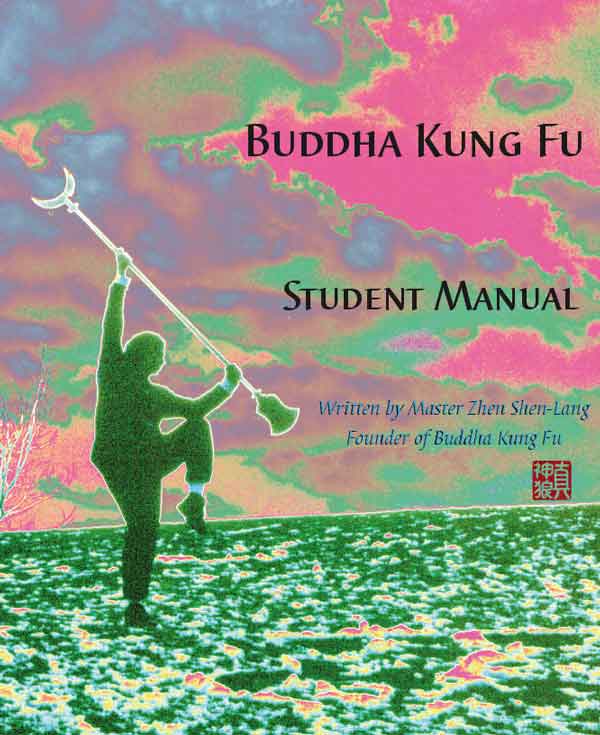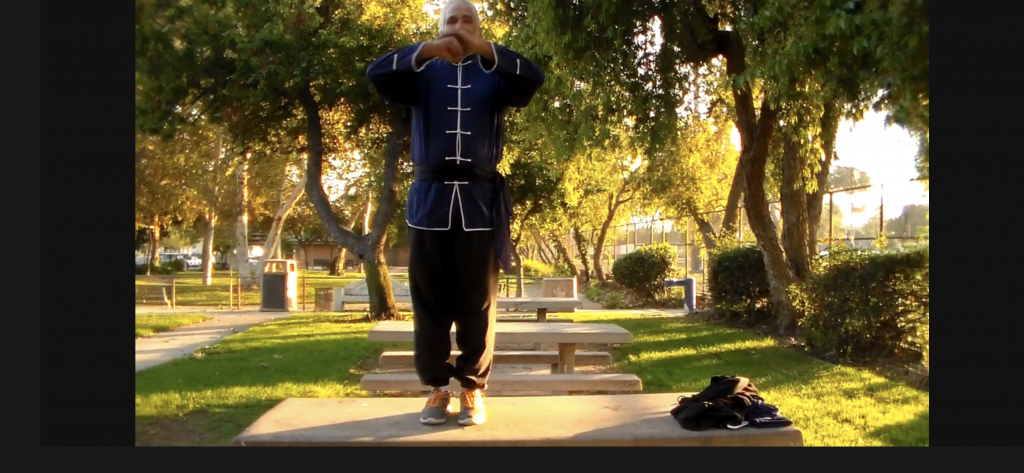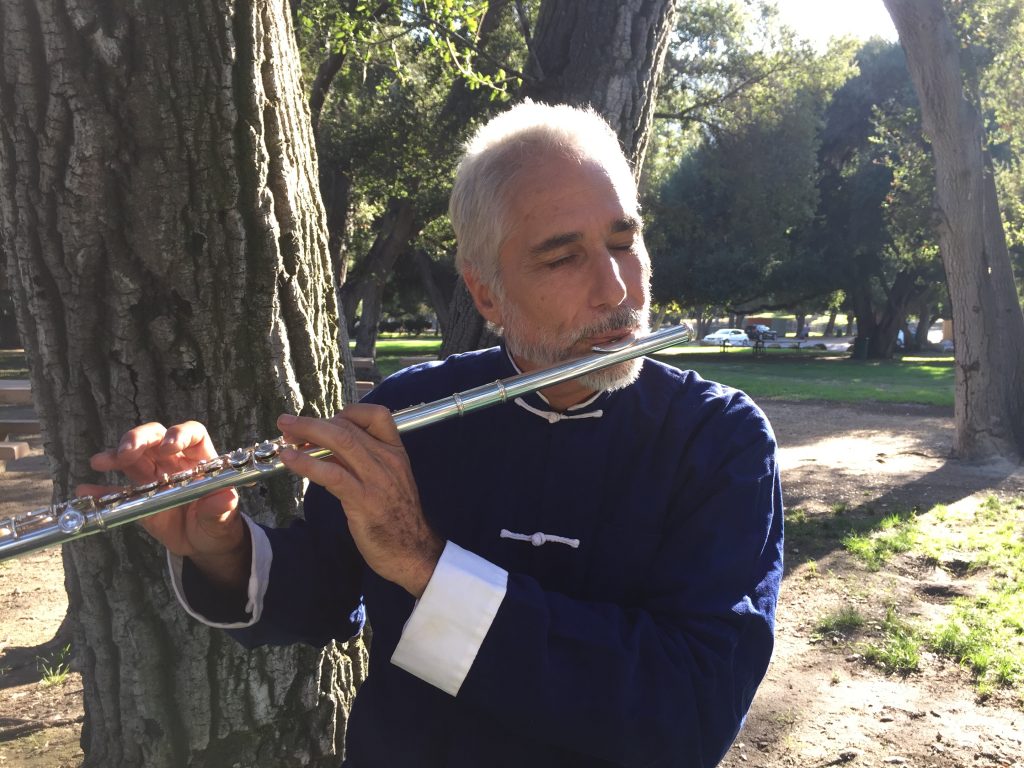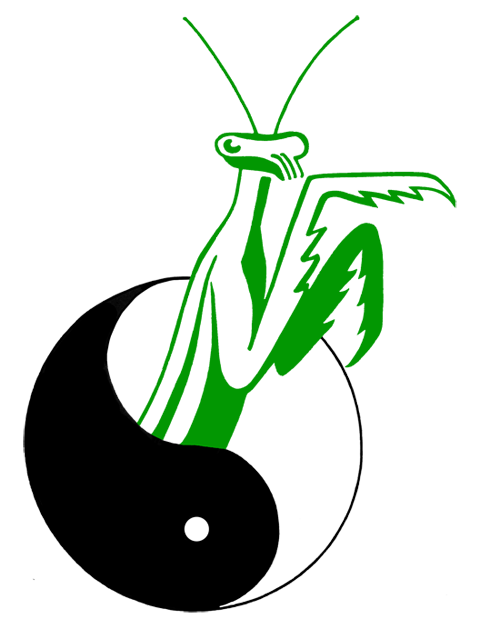Daily Taoist 1_28 – Buddha Zhen Explains TAO #17 with his new 5 Soul Theory to Help People’s Careers
YouTube Video TRANSCRIPT: Daily Taoist 28
Alright. Daily Taoist here. And I’m on NUMBER 17 and then I’m gonna cut it for today.
This is of my book, the TAO OF TAOISM – USING THE DAO TE CHING TO IMPROVE YOUR DAILY LIFE. In which Lao Tzu wrote a bunch of stuff in Chinese two thousand and some hundred years ago. And then a bunch of people translated it. And I thoug.ht some of the people didn’t really understand it As accurate as they may think they’re translating it, they may not– I don’t think they have quite the meaning. And then if you do have the meaning– How do you take that wonderful saying and implement it into your life? Like: “The most beautiful tree gets cut first.” Or “The strongest tree gets cut first.”
“Oh that makes sense.”
No. No. How do you get that into your daily life?
That’s why some people get fat and ugly. So they don’t get chopped down. They don’t want to be first chosen.
Or some people get extra dressed up and super fancy beca use they want to be first pick.
So you’ve gotta look at– There’s a Tao in everything.
So if you look at Taoism, then try to figure out how you’re– how that plays into your life, or your reality– Then it’s useful.
And that’s my goal: is to make it useful.
So we’re on NUMBER 17. On page 28 of my book, the Tao Of Taoism. T-A-O I’m spelling it, even though in Mandarin in China they say D-A-O. But to kind of compromise I’ve got, “Using the Dao Te Ching to Improve Your daily Life–to Improve Your Daily Life. I’ve got D-A-O in the subtitle. So it’s both. It’s actually D-A-O is more–the correct way now. T-A-O is the outdated way. But in America we don’t know better.
Here we go. NUMBER 17 page 28.
Tao #17
Employees / students must be as satisfied with their work
as employers / teachers are with the results.
That’s an interesting harmony.
So the employees must be as satisfied with their work as their employers are with the results?
And the students should be satisfied with their work as the teachers are. With the results.
See that balance there? There’s a balance going on. A harmony.
So remember Taoism is about harmony, or finding disharmony. So you can go back to harmony. Because harmony always works better. You can use disharmony for certain purposes– like friction. Or like pain. Something you don’t want to really have.
Here we go.
Do you enjoy being productive? And how?
Do you enjoy being productive? And how?
Is your current job your career?
Explain how it is part of your path.
Remember, your path is your long-term–life plan. Or at least the next ten-year plan.
We should really plan our life in ten year chunks. By the time you get to the end of that ten years. What you wanted to do in 20 years, which is only ten years ahead–might be totally different. So ten years is a better way to plan. Think 20, 30, 40. Like me, fortunately I’ve done Kung Fu since 1980 and 2020. So forty years of Shaolin Kung Fu is kind of made me a healthier, happier guy than most people my age. So think ahead a little bit. Even then I wasn’t thinking ahead to that extent. I was really lucky. I was just thinking, “This is my path.” I put it in my path and it’s always felt right. So by being a Taoist. By being in harmony I knew I was making the right decisions and sure enough: I can say forty years later, “Yeah. I was making the right decison.” Made a lot of other right decisions too.
And I made wrong decisions. And I knew it. Not at the time. But I can tell you now I– anyway explain more later.
Here we go.
Do you enjoy satisfying your employers? And how?
When I say employers and going to mean teachers. Just interject teachers where I use employers. And if I say worker, it could be student.
Do you enjoy satisfying your employers? And how?
How are you maturing in your current job?
How are you maturing in your current job?
I don’t know how much i should be interjecting here. The “5 Souls Theory” has totally messed up my perspective of reality. Because I’ve come to realize that women– Remember my ‘5 Soul Concept?’ If you’ve been following along here. Hopefully you didn’t just jump in here at this point.
According to my ‘5 Soul Concept’ 80% of all people or more are just the WOMAN soul and the WORKER soul. You can kind of think of it as male, female. But they’re not distributed sexually. Where as a woman can be born with the WORKER soul in the first position and a WOMAN soul in the second. So in her case, she’s gonna be happier working than hanging out with the kids. Now another woman might be born with the WOMAN soul in the first position and WORKER soul here, and she’d be happy working in a day care center, working with kids. The other one wants a real job. Sorry. Not a real job but a normal job like you’d think of to make a lot of money. That doesn’t have anything to do with the family.
Now a man can be born with a WOMAN soul in the first position and a WORKER in the second. So the man who’s a WORKER soul– he’s never gonna be happy about his job. Always be complaining. So he should find the kind of job where nobody minds if he complains and he’s gonna happily complain for the rest of his life and get a paycheck. That’s fine. And he’s got a WORKER soul to keep him going. “Yeah-yeah-yeah-yeah-yeah…”complaining, but goes to work. So that’s fine. Now what if it’s a WORKER soul, then a WOMAN soul. Well, in this case the WORKER’s not going to complain. He might have a little bit more ambition. Be able to go a little farther.
He cannot be a MANAGER though. This is what I didn’t know until just the last few years. I thought that a WORKER could just be educated and mental conditioned… trained into being a MANAGER. No. I’ve worked with all kinds of people in my nonprofit and come to realize that is not true. Some people, if they don’t have that– Even with the WORKER soul, they’re still a WORKER. And even if you give them a management position–they just want to be paid and go home. But not worry about the job. They don’t have the management attitude which is the owners–taking responsibility for like a child. Adopting the business. They still just want to work. Just a higher capacity. So that’s still a worker. Not a management pereson. They can be a foreman, but not a manager.
So when I look at these questions, I have a whole different perspective on them. So when you answer them, I have a different way of analyzing them. Let’s just go with this, because I wrote this–what, thirty years ago.
Here we go.
What jobs do you do that waste your time and talents?
So what jobs are you doing that–you’re just wasting your time? Or your talents?
Maybe there’s none.
What are your reasons for keeping the job that you do have?
So whatever job you have now–Why are you going to keep it? Why would you keep it rather than quit?
What are your reasons to quit the job you have?
So if you were to quit it– What would be your reasons?
Besides a job– How else could you earn a living?
Marry well. I’d recommend that. I came from a generation threw marriage out so that option wasn’t really conditioned into me. But when I was an artist, and even when I w weras a Freemason: a lot of the Freemasons said, “You just need to marry well.” They were trying to hook me up with some Freemason widows. [laughs] Freemasons all take care of their widows. If you’re a Freemason and you die: the Freemasons will always watch out for your ex-wife. Make sure she’s fed. They’ll check on her. They have weekly things. And they have annual things where they call in all the widows and give them a chance to socialize and maybe find a new husband or something. Things like that.
Anyway. That’s an old thing that goes back for thousands of years. And then the Freemasons kind of in 1717 kind of codified all this stuff. And made it a standardized process. All masons would be good to widows.
So just saying, marrying is a good–
Sorry. See. I said I’m said, “I’m sorry.” I’m gonna interrupt again.
Besides a job. How else could you earn a living?
If you could be paid to do anything that you want to do– What would you do?
I’ve got a bunch of answers for that. What’s your answer.
If you could be paid to do anything—
If I said, “I’ll pay you $200 a day. $300 as day.” That’s not a real lot of money. But maybe a lot more than you’re used to. More than I’m used to. If I could give you $300 a day to work for me for eight hours– What would you do? How would I get my money’s worth out of you?
Do you feel guilty when you don’t have a job?
So if you’re not working. Want to be working. But you can’t seem to be working. Do you feel guilty because you’re not working?
What talents do you possess or desire to develop which could possibly be profitable?
Remember I wrote this for my students. So in a way I’m trying to nurture and look for any artists out there.
I’ve since learned that I don’t want to push people into art. Not even my own kids. I pushed them to be artists but they weren’t artists.
It was good that they got that art training. I’m never going to regret giving it to them. But I didn’t realize that it wouldn’t stick. That was an interesting thing to learn.
But if some of your talents did stick– What are they?
What talents do you possess or desire to develop that could possibly be profitable?
And maybe you’re wrong. Go ahead and dream. Answer that question.
Hey. It’s been nine minutes. I’m going to get out of here before the ten minute mark.
See ya. Daily Taoist here. Buddha Zhen
Go to ShaolinInteractive.com and sign up for $998 I think. It’s actually cheaper than these guys sell computer courses for. $1,000 is their starting price.
So anyway, for a thousand bucks and you’re going to get one year of training. You send me videos and I– It’s going to be the next best thing to being with me. It might even be better than being with me. You get that video and you can do the class over and over… Rather than trying to remember what I taught you.
So, anyway: ShaolinInteractive.com Buddha Zhen: The Daily Taoist.
=======================================================
Tao of Taoism — Using the Dao Te Ching to Improve Your Life by Buddha Zhen (Richard Del Connor)
AUDIOBOOKS and PAPERBACKS and Kindle eBOOKS by Buddha Zhen from Amazon .com
Buddha Z Official Blog (Heavy Metal “Buddhist Rapper,” Buddhist Poet, Shaolin Flutist)
Buddha Zhen (Shifu Zhen Shen-Lang: Zen Kung Fu Master and Chinese Music Composer)
YouTube Channel of Shaolin Chi Mantis Traditional Buddhist Kung Fu (“Daily Taoist” EPISODES)
Shaolin Chi Mantis traditional Shaolin Kung Fu and Tai Chi Chuan classes
Produced by Richard Del Connor for Shaolin Records

